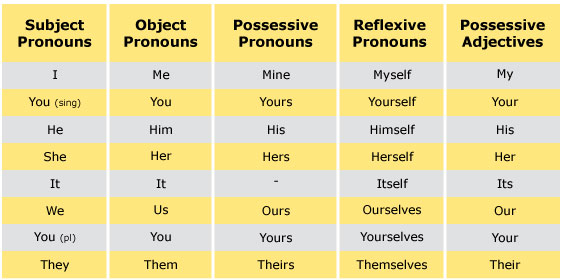Nama : Hiras Lumbannahor
Kelas : 4EA18
Npm : 19210707
Clothes Online
I have a product that would have a very good quality for you, especially for career women who do not have time to go buy clothes because busy work. Here we would like to introduce our clothing products are own design with comfortable material used, the main material is cotton and silk fabrics are of high quality and with a very elegant design suits you the career woman, could not buy clothes because of your busy work.Now you no longer need to go to the mall, you just visit our website www.vgclotesline.com there you can order directly and see our products very how quality to make a purchase is easy you just select clothes that you will buy , then click the image you choose clothes that afterwards there will be a price details after you click on the description of the contents of the Bios ordered. very easy to not immediately message and visit our website and join our group
MODAL AUXILIARIES
What are "modal auxiliary verbs"?
The verbs can, could, will, would, should, may, might, must, ought and shall are verbs which 'help' other verbs to express a meaning: it is important to realise that these "modal verbs" have no meaning by themselves. A modal verb such as would has several varying functions; it can be used, for example, to help verbs express ideas about the past, the present and the future. It is therefore wrong to simply believe that "would is the past of will": it is many other things.
1. CAN and COULD
Talking about ability
- Can you speak Bahasa ? (present)
- She could play the guitar when she was five. (Past)
Making
requests
- Can you give me a ring at about 10?
- Could you speak up a bit please? (slightly more formal, polite or 'softer')
Asking
permission
- Can I ask you a question?
- Could I ask you a personal question? (more formal, polite or indirect)
2.
WILL and WOULD
Making personal predictions
Making personal predictions
- I don't think the Queen will ever abdicate.
- I doubt if I'll stay here much longer
Talking
about the past with certainty
- I'm sure you will have noticed that attendance has fallen sharply
Making a
semi-formal request
- Will you open the window, please? It's very hot in here. Sign this, will you?
Polite
requests and offers (a 'softer' form of will)
- Would you like another cup of tea?
- Would you give me a ring after lunch? I'd like the roast duck, please.
In
conditionals, to indicate 'distance from reality': imagined, unreal, impossible
situations
- If I ruled the world, every day would be the first day of Spring.
- It would have been better if you'd word processed your assignment.
4.
MAY AND MIGHT
Talking about the present or future with uncertainty
Talking about the present or future with uncertainty
- She may be back in her office: the lecture finished ten minutes ago.
- I may go shopping tonight, I haven't decided yet.
- England might win the World Cup, you never know.
Talking
about the past with uncertainty
- I'm surprised he failed. I suppose he might have been ill on the day of the exam.
- They can also sometimes be used for talking about permission, but usually only in formal situations. Instead of saying May I open a window? we would say Is it all right/OK if I open a window? or Can I open a window? for example. You might, however, see:
- Students may not borrow equipment without written permission.
5.
SHOULD AND MUST
Giving advice
Giving advice
- I think you should go for the Alfa rather than the Audi.
- You shouldn't be drinking if you're on antibiotics.
- You shouldn't have ordered that chocolate dessert - you're not going to finish it
Ought to
Ought to usually has the same meaning as should, particularly in affirmative statements in the present:
Ought to usually has the same meaning as should, particularly in affirmative statements in the present:
- You should/ought to get your hair cut.
- Should is much more common (and easier to say!), so if you're not sure, use should
Strong
advice and invitations
- I think you really must make more of an effort.
- You must go and see the film - it's brilliant.
- You must come and see me next time you're in town.
Saying
you think something is certain
- This must be the place - there's a white car parked outside.
- You must be mad.
- What a suntan! You must have had great weather
6. SHALL
Making offers
Making offers
- Shall I fetch you another glass of wine?
Making
suggestions
- Shall we go to the cinema tonight?
